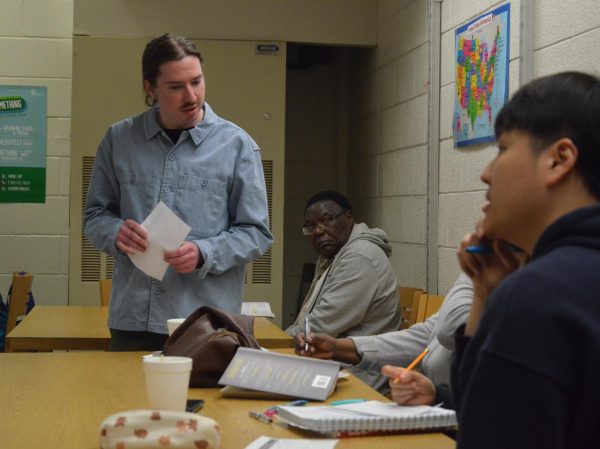Olympic Refugee Team Goes the Distance
More stories from Flynn Kelly
The recently-ended 2016 Summer Olympic Games in Rio were tainted by a number of challenges and controversies, such as alleged human rights violations, police violence, the threat of the Zika virus, Brazil’s bankruptcy and the Russian Olympic team doping scandal. However, Rio 2016 also saw a truly remarkable event — the foundation of an Olympic team composed of refugees from several war-torn countries.
In March, a group of International Olympic Committee members committed to raise $2 million to help fund the refugee athletes’ training regimens. International Olympic Committee President Thomas Bach and other committee members selected 10 athletes, five from South Sudan, two from Syria, two from the Democratic Republic of Congo, and one from Ethiopia, to compete in the Rio Olympics.
The members of the Refugee Olympic Team joined over 11,000 athletes from 207 countries in competing to bring home a gold, silver or bronze medal. Just like the other Olympic athletes, each refugee team member stayed at the Olympic Village, another first for refugee athletes.
Six of the athletes competed in track and field, two in judo and two in swimming. Several members of the refugee team were slated to compete in the 2012 Summer Olympics in London, most notably Rami Anis, a Syrian butterfly sprinter, before tragedy and conflict struck his country and prevented him from competing; but thanks to the IOC, many of the athletes’ Olympic dreams were resurrected, an experience that these ten refugees will never forget.
Stories such as the creation of a refugee Olympic team highlight the power of sports and how sports challenges and unites all factions of the world. While conflicts over religion, race, ethnicity, political differences and economic conditions have resulted in war and other violent occurrences, sports have the power to unify us all. Soccer, or football, is played by over 250 million people living in 200 countries from all around the world. Whether it is played in Brazil, Germany or South Africa, soccer is soccer and anyone can join in and play, regardless of skill or background. While the other 27 Olympic sports that athletes will compete in cannot match soccer in terms of popularity, they can match soccer in their power of unification.
Sports even have the power to unite and bring peace to countries at war. During the week before and after Christmas in 1914, German and British soldiers left their trenches to exchange gifts, prisoners and play a game of soccer. Over 29 reports of a soccer match were written by soldiers on both sides, with the most famous game being made into a poem by British poet Robert Graves. According to Graves’s poem, the game was won by the German soldiers, 3-2.




